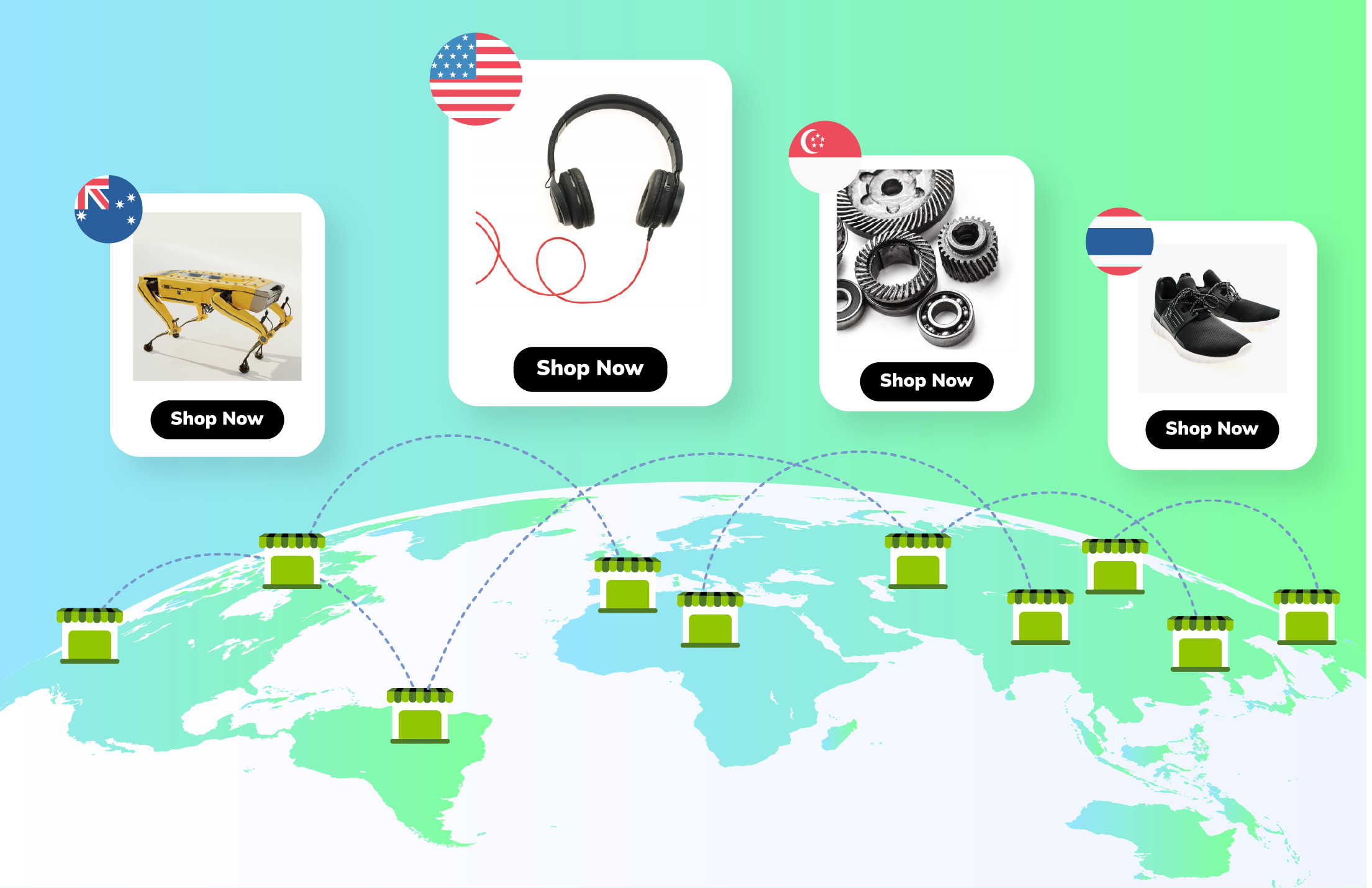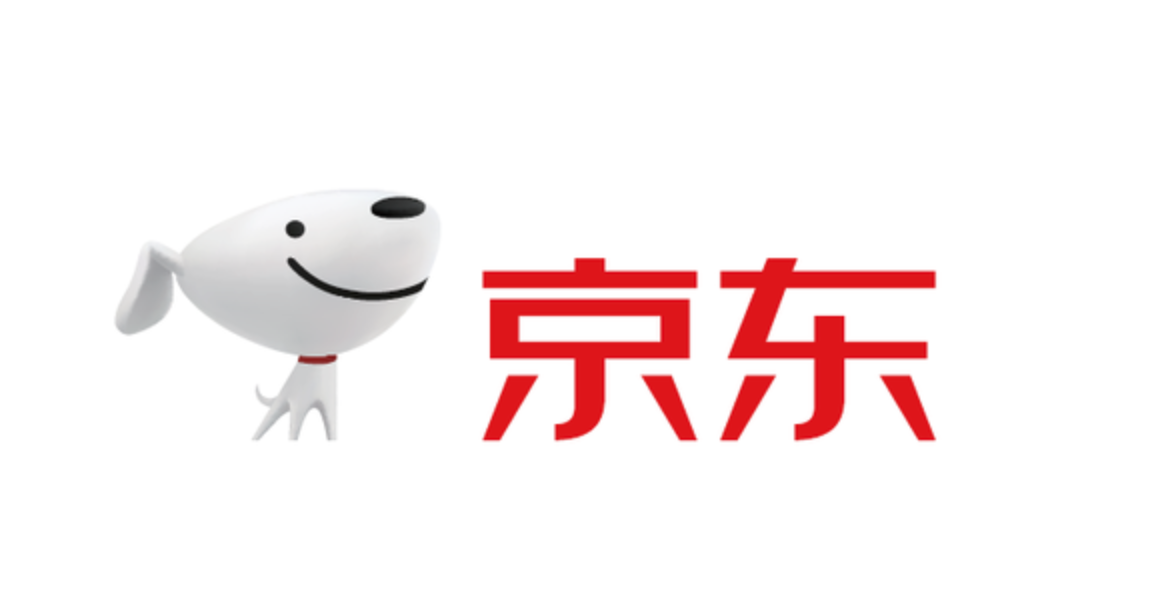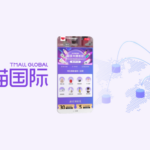Haitao comes from Chinese that is principally used as an eCommerce model. It means that people buy some products from foreign countries. The definition of cross border eCommerce is that two subjects in two customs areas strike a deal via eCommerce platforms and cross border logistics. There are some similarities between cross-border eCommerce and Haitao, as well as few differences. And the purpose of this article is to provide insight into them.
Are both of them legal?
Basically, people usually declare goods at the customs as personal. And transport seems to fall in a legal gray area in America. In China, Haitao appears to be trying wherever possible to skirt eCommerce law's boundaries. But in some cross border eCommerce pilot platforms, it makes everything very transparent and legal. The local customs, inspection, quarantine, and taxation departments will be settled with enterprises to provide one-step service.
What does the price in different kinds of ways include?
For Haitao, basically, the price includes products, inbound (outbound) consumption tax, transportation expenses, and tariffs. Most of the Haitao seller will help to avoid tariff as possible. As a result, the total price is quite low. Then there is the question, is it safe and fast?
For cross border eCommerce, the price must include import tariff. In Tmall, eCommerce owners also need to pay post-tax for consumers.
How long does it take for shipping?
Consumers need to set aside enough time for delivery in Haitao, especially for transport. Some Haitao companies promise that consumers can receive their products in 10 days, but it still depends on customs.
In cross border eCommerce platform, there is a green channel for consumers at customs. In terms of bonded, overseas goods are sent to bonded warehouses. In that case, consumers can receive their products in few days!












